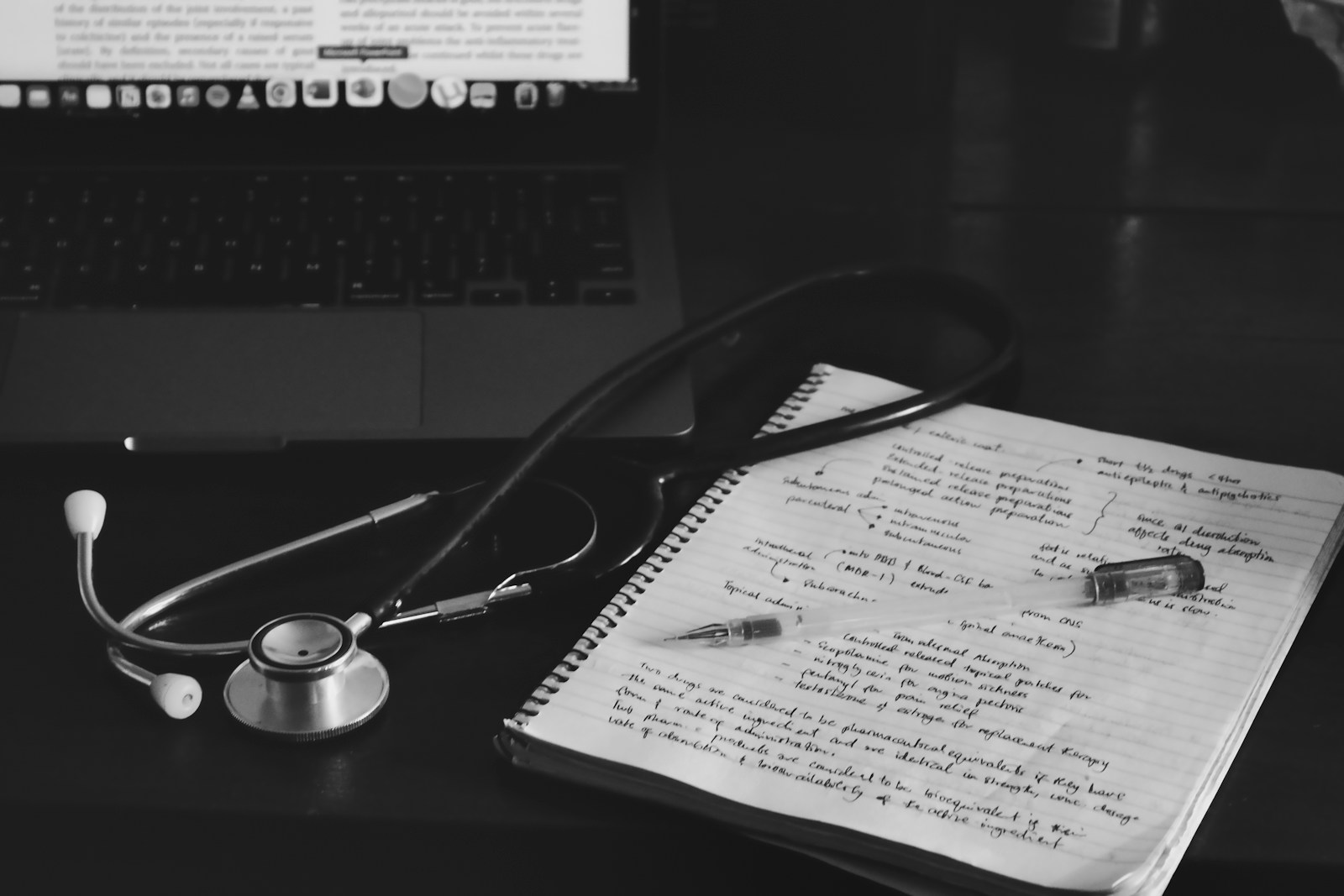Editing Our Own Code: The Dawn of the CRISPR Generation

For decades, it was the holy grail of molecular biology: the ability to edit the human genome with the precision of a word processor, to find a faulty gene responsible for a devastating disease and simply correct the typo. In late 2023, that theoretical promise became a clinical reality. The approval of the first-ever CRISPR-based therapies in the United States and Europe marks a watershed moment not just for medicine, but for humanity.
The new therapy, called Casgevy, is designed to treat sickle cell disease and beta-thalassemia, two inherited blood disorders that cause a lifetime of debilitating pain and complications. The treatment is a medical marvel, a one-time procedure that has, in clinical trials, effectively cured patients who had been in and out of hospitals their entire lives. We are now officially in the age of gene-editing medicine.
The Science: A Pair of Molecular Scissors
CRISPR-Cas9, the technology that underpins this revolution, is often described as a pair of "molecular scissors." Discovered in bacteria, it is a naturally occurring immune system that microbes use to fight off viruses. Scientists have harnessed this system to create a tool of breathtaking precision. It allows them to home in on a specific sequence of DNA within a person's genome, make a precise cut, and then allow the cell's natural repair mechanisms to either disable a faulty gene or, with the help of a template, rewrite it with the correct sequence.
For sickle cell disease, the process is complex but elegant. Doctors harvest a patient's own hematopoietic stem cells from their bone marrow. In the lab, they use CRISPR to edit a gene in these cells, reactivating the production of fetal hemoglobin, a healthy form of the oxygen-carrying protein that is normally switched off after birth. The edited, now-healthy stem cells are then infused back into the patient, where they take root and begin producing healthy red blood cells.
The Promise and the Peril
The success of this therapy opens the door to a new paradigm of medicine. In theory, thousands of other monogenic diseases—those caused by a single faulty gene, like cystic fibrosis and Huntington's disease—could be targeted with a similar approach. The potential to alleviate human suffering is immense.
But this new power also forces us to confront a host of profound ethical challenges. The current therapies involve "somatic" gene editing, meaning the changes are made to a patient's body cells and are not passed on to their children. This is widely considered ethically acceptable. However, the same technology could one day be used for "germline" gene editing—making changes to sperm, eggs, or embryos that would be heritable, altering the genetic code of all future generations. This crosses a bright ethical line for many scientists and ethicists, raising the specter of "designer babies" and a new, genetically-defined social hierarchy.
The Crisis of Access
Even within the ethically safe realm of somatic editing, there is a more immediate and pressing crisis: access. The price tag for Casgevy is over $2 million per patient. This astronomical cost raises a deeply uncomfortable question: have we created a new class of miracle cures that will only be available to the wealthiest people in the wealthiest countries?
The complex and centralized nature of the treatment, which requires specialized hospitals and advanced laboratory facilities, further limits its reach. Sickle cell disease disproportionately affects people in sub-Saharan Africa. How can a multi-million dollar therapy that requires a bone marrow transplant ever be delivered to the millions who need it most in low-resource settings?
The dawn of the CRISPR age is a moment of great hope. We now possess the tools to correct the very source code of disease. But it is also a moment of great responsibility. We must now build the ethical frameworks and the healthcare systems to ensure that this revolutionary power is used wisely, equitably, and for the benefit of all humanity, not just a privileged few.
